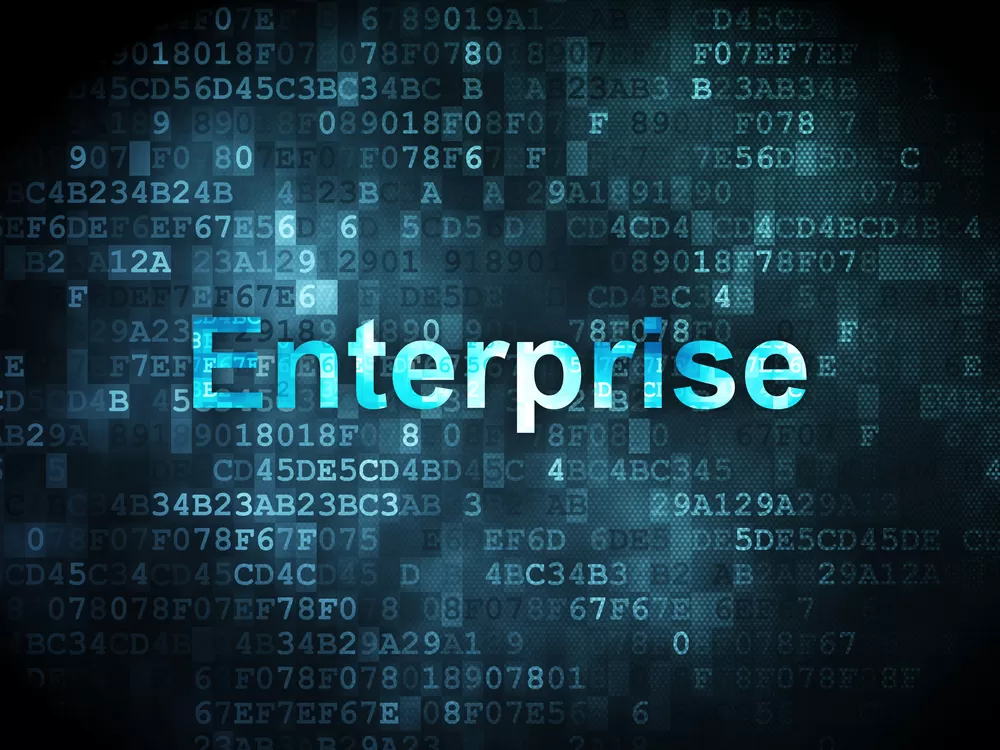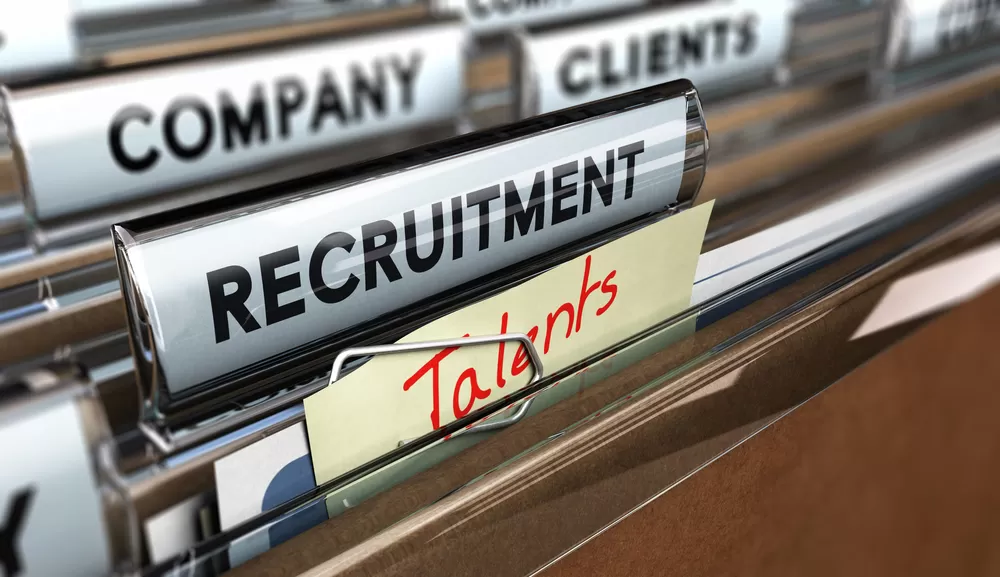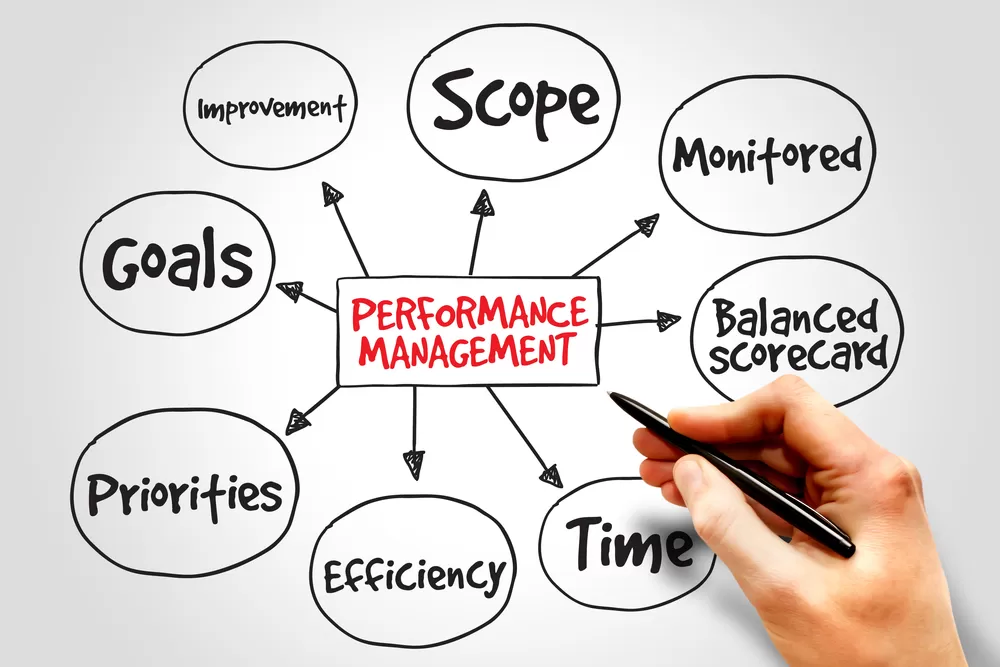HRIS software has something to offer companies of every size. Large enterprises have different challenges than small and medium businesses, however, so different things should be considered and prioritized during the HRIS search.
Should the Old System Be Scrapped?
An HRIS is generally no small investment for an enterprise business, so many companies try to hang onto their HRIS for as long as possible after footing the initial costs and time to implement. This results in many enterprise organizations having HRIS solutions that are ancient by technology standards. Oftentimes enterprises just add features and functions as they are needed.
If it’s time for an upgrade, you may wish to consider scrapping the old system and starting fresh. Legacy systems often create inefficiencies in switching between disparate systems and cause data silos. While it may take an investment of time and money, scrapping the old system and starting fresh could eliminate inefficiencies and bring the company into a new era.
Flexibility and Adaptability of the System
Whether you decide to completely scrap an old system and go with a newer one or integrate a new HRIS with your other systems, you want to make sure it will have a long lifespan after investing the time and money to get it up and running. For a system to have a long lifespan, it needs to be extremely flexible and adaptable. Systems will definitely continue to change, so go with one that anticipates this.
Are the Integration Capabilities Up To Snuff?
Integration with ERP, financial management software, and CRM solutions is vital for an HRIS in an enterprise. The ability to move data around and extract analytics that take many different organizational factors into consideration can help with decision making on a large scale. Before committing to an HRIS, make sure that it can truly integrate with other systems in a way that will be user-friendly.
Recruitment, Development, and Succession Planning
Since there are many employees in an enterprise, managing those employees and the way that they work within your company is critical. Purchasing and implementing an HRIS that can help with hiring the right employees, developing those employees, and planning ahead to make sure that all positions are continuously filled with knowledgeable employees and managers can keep the company running smoothly.
The best enterprise HRIS will manage employee lifecycles in a way that makes it easy to plan ahead. Empowering employees to take charge over their own development while tracking all of their training accomplishments and lining them up for future positions can do wonders for a large company. Employees will be satisfied with the autonomy, managers will save time, and the company will be set up for success.
Potential Need for Global Capabilities
Enterprises are more likely than smaller businesses to have bases in various countries, so it may be wise to consider whether an HRIS has global capabilities before selecting it. Many business processes are the same throughout most countries, but compliance requirements, regulations, and currency may vary. A global HRIS may save time and trouble managing these differences between locations.












